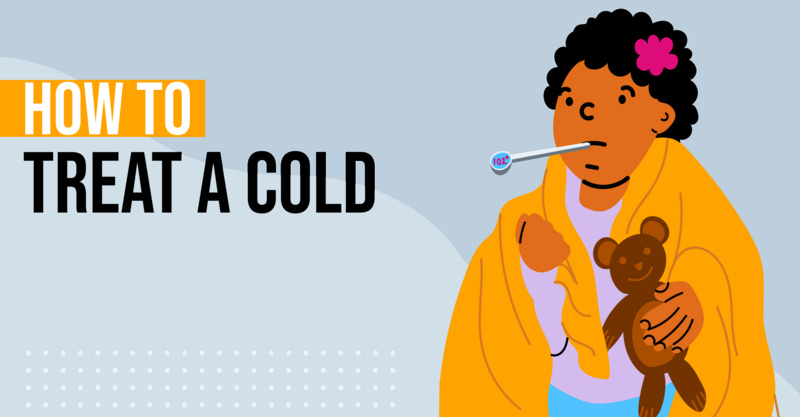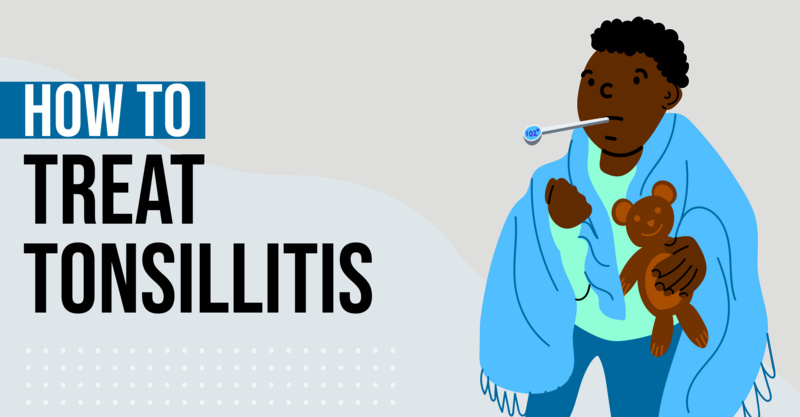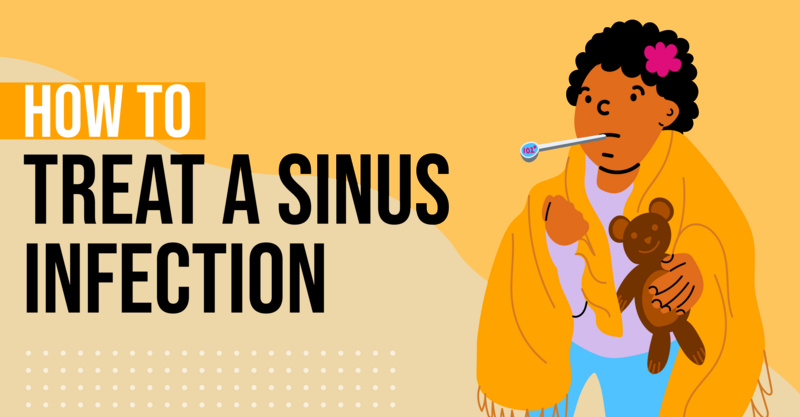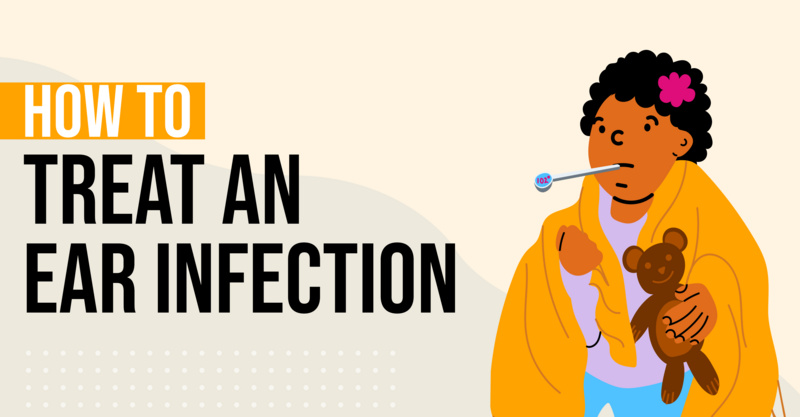Key Points
- Sinus pressure is primarily caused by four factors: congestion, swelling, movement, and regular headaches.
- Congestion, an excess of mucus in the sinuses, and swelling often result in discomfort and pain similar to a headache.
- Rapid changes in movement or pressure can worsen sinus pressure as congested sinuses struggle to release the pressure.
- Regular headaches can amplify the sensation of sinus pressure.
- Health conditions like the common cold, flu, sinusitis, allergies, and fungal infections can contribute to sinus pressure.
Top 4 Causes of Sinus Pressure
1. Congestion
Simply having too much mucus congesting your sinuses can cause sinus pressure.[1] It often becomes uncomfortable, and because your sinuses are around your nose, eyes, and head, it can cause pain that feels like a headache. This is why sinus pressure is also sometimes known as a sinus headache. You might wake up in the morning feeling congested and then feel fine later on, or your congestion might be a symptom of a larger issue.
2. Swelling
With increased congestion, the lining of your sinuses and that of your nose often swell up and become inflamed.[2] This also adds to the feeling of pressure or pain inside your head and face. In addition, it is one of the reasons a sinus headache feels different from a regular headache; you can usually feel it around your forehead, your eyes, and your nose. If you touch the skin in these places, it feels fuller than usual.
3. Movement
In many cases, moving quickly, bending down, or lifting your head can cause sinus pressure to worsen.[2] People who deal with sinus pressure should move slowly and avoid quick changes in pressure. The congestion packing the sinuses has nowhere to go when you move, making it press harder against your sinuses and cause more pain.
4. Regular Headache
In certain cases, a headache can worsen sinus pressure, or vice versa.[3] When you already have congestion and inflamed sinuses and you experience a headache, your sinus pressure often feels more intense. Sometimes, it is difficult to tell where a normal headache ends and sinus pressure begins.
Possible Health Conditions Related to Sinus Pressure
1. Cold
The common cold is often one of the most likely causes of sinus pressure. Because your sinuses are congested, you feel pressure, pain, and discomfort with a cold. A cold is caused by a virus, and you can contract the virus by touching something with cold germs on it and then bringing those germs to your eyes, mouth, or nose.[3] If your sinus pressure isn’t too severe and you experience sneezing, stuffiness, runny nose, coughing, and a sore throat that has lasted for a few days or so, it’s probably just a cold. Remember to get plenty of rest, to stay hydrated and take over the counter cold medicine to alleviate some of the symptoms.
2. Flu
The flu can also be the cause of more intense sinus pressure. Most people experience coughing, headaches, chills and body aches as a result of the flu — and sometimes even nausea and vomiting — in addition to sneezing, congestion, and symptoms commonly associated with a regular cold.[4] If you notice the former symptoms, it’s a good way to be certain that you have the flu, rather than a cold. If you have the flu and it becomes severe, you might need a prescribed medication to treat it. However, you can usually wait it out with bed rest, plenty of liquids, and over-the-counter pain and decongestant medications.
3. Sinusitis
People who have had a cold or the flu or who have frequent allergy attacks can develop sinusitis, or a sinus infection.[5] This usually occurs when the mucus-packed sinuses encounter a virus or bacteria that cannot be flushed out. Often, you can know if you have sinusitis because the flu or a cold usually only lasts a few weeks, but acute sinusitis can last as long as four weeks. If it lasts longer than this, it might be an even more severe problem called subacute or chronic sinusitis.
4. Allergies
Having seasonal allergies can cause your sinuses to become packed with mucus and lead to inflamed, painful sinuses. When you have allergies, your immune system reacts to certain allergens as if they are more dangerous things, such as bacteria or viruses. These can include certain foods, medications, insect stings or bug bites, pet dander, mold, dust, or pollen.[6]
When your body is hypersensitive to something you’ve breathed in, it usually causes sneezing and congestion, which also leads to sinus pain and pressure. You can manage allergies with medications or by not coming into contact with certain allergens, but if you let them worsen, there’s a strong possibility you will experience intense pressure.
5. Fungal Infections
Fungal infections can sometimes cause sinusitis or other types of sinus discomfort that can lead to sinus pressure. If you breathed in fungi, it could start feasting on your cells as if they were dead tissue.[7] This is not as common as sinusitis caused by bacterial or viral infections, but it does occur, especially in those who spend a lot of time outdoors or in places where fungus grows. The fungus often requires surgical removal.
Questions Your Doctor May Ask About Your Sinus Pressure
- How long have you dealt with sinus pressure?
- Did you recently have a cold, the flu, or another illness?
- What does your sinus pressure feel like?
- Have you experienced any other symptoms, such as sneezing, coughing, etc.?
- Does anything cause your sinus pressure to become worse?
- Do you have any allergies?
Sinus Pressure May Also Be Known as
- Sinus headache
- Sinus pain
Frequently asked questions
What are the main causes of sinus pressure?
The primary causes of sinus pressure are congestion, swelling, movement, and regular headaches.How does congestion contribute to sinus pressure?
Congestion, which is an excess of mucus in the sinuses, can cause discomfort and pain that resembles a headache.Can rapid movement or changes in pressure worsen sinus pressure?
Yes, rapid changes in movement or pressure can exacerbate sinus pressure because congested sinuses struggle to release the pressure.Can regular headaches intensify sinus pressure?
Yes, regular headaches can amplify the sensation of sinus pressure.What health conditions can lead to sinus pressure?
Health conditions such as the common cold, flu, sinusitis, allergies, and fungal infections can contribute to sinus pressure.How does the common cold or flu contribute to sinus pressure?
The common cold and flu often cause sinus pressure due to congestion.How can allergies lead to sinus pressure?
Allergies can cause sinuses to become packed with mucus, leading to inflamed, painful sinuses.Can fungal infections cause sinus pressure?
Yes, although less common, fungal infections can cause sinusitis and other sinus discomforts, leading to sinus pressure.
Solv has strict sourcing guidelines and relies on peer-reviewed studies, academic research institutions, and medical associations. We avoid using tertiary references.









